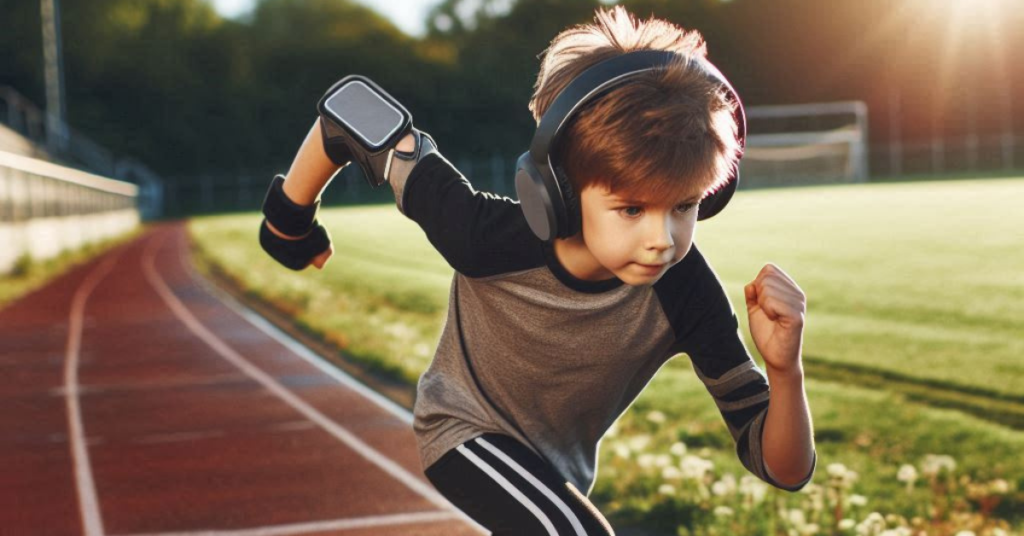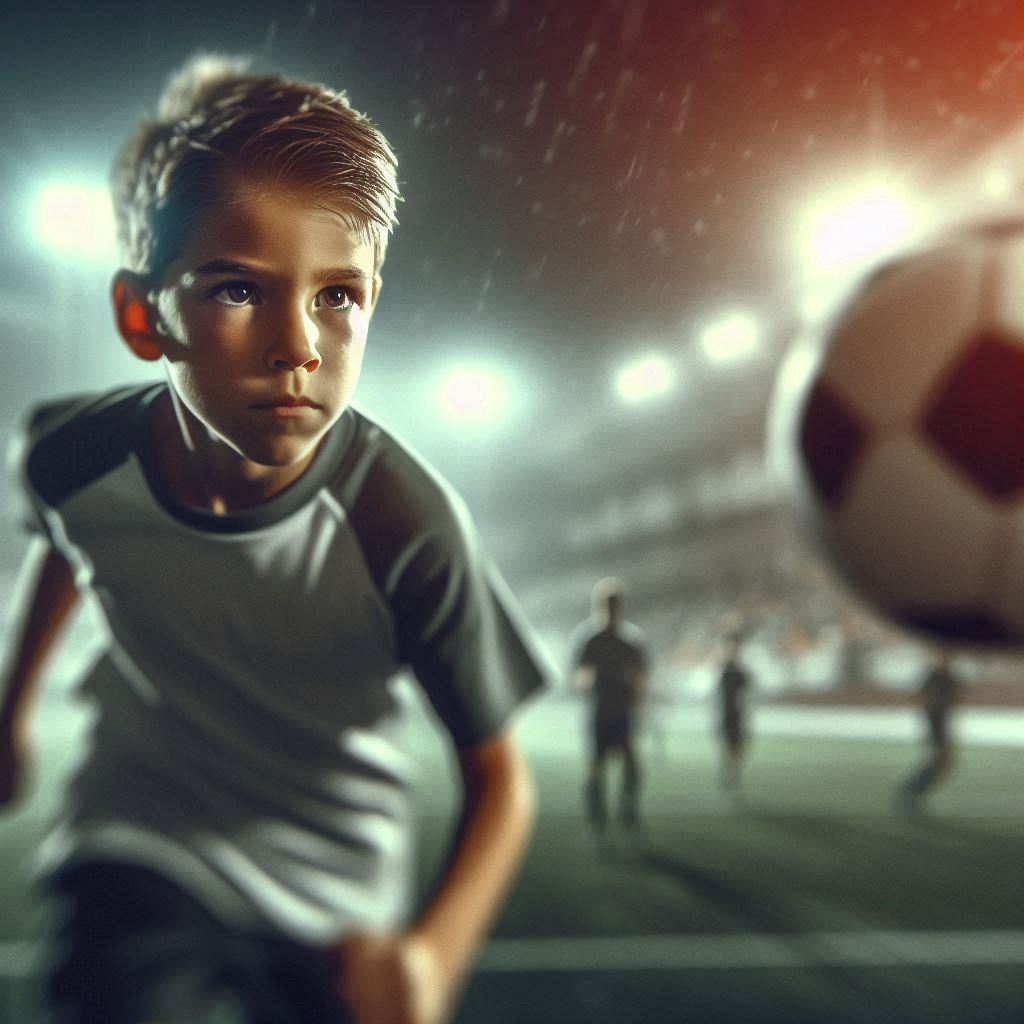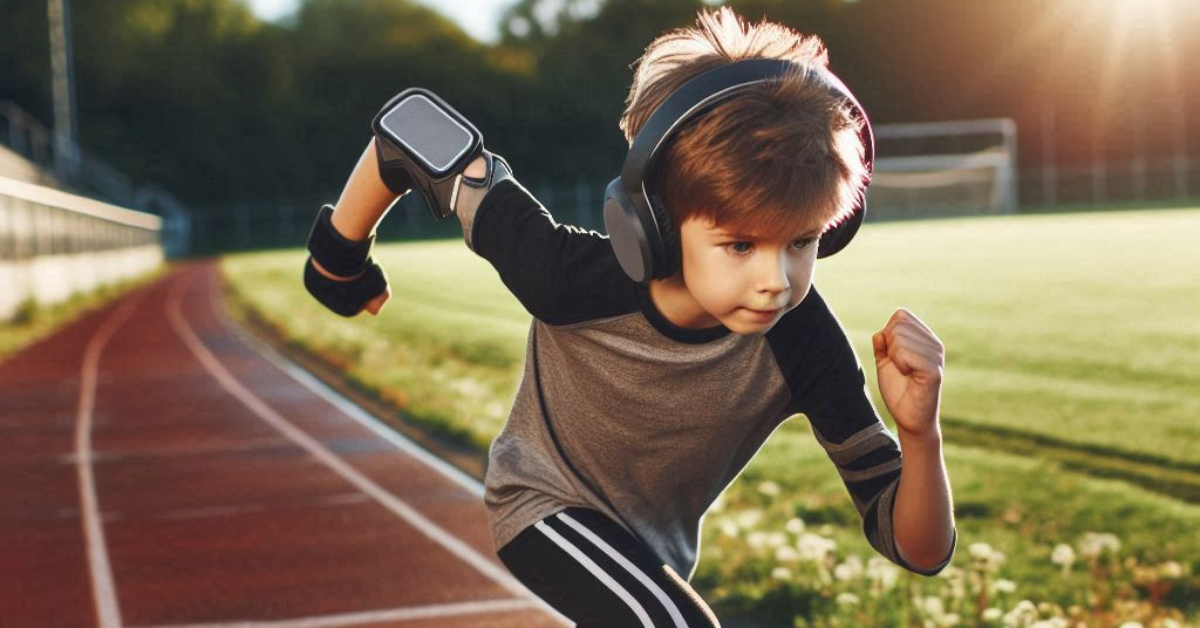When we consider the academic benefits of youth sports, it’s clear that physical activity offers far more than just entertainment for our children. Among the 21 top benefits of youth sports for kids, researchers consistently highlight improved cognitive function, enhanced focus, and better academic performance. While the physical health benefits of youth sports—like stronger bodies and improved coordination—are immediately obvious, the mental health benefits of youth sports are equally profound, helping young people develop resilience, manage stress, and maintain emotional balance in challenging situations. Building confidence through athletic achievement creates a positive feedback loop that extends into the classroom, while the social skills benefits of youth sports teach crucial lessons in teamwork, communication, and conflict resolution that serve children throughout their lives.
What makes youth sports truly transformative is how they simultaneously nurture multiple aspects of a child’s development. Discipline and responsibility become second nature as young athletes learn to balance practice schedules with homework and other commitments. Children develop leadership skills by taking on roles within their teams, learning how to motivate peers and navigate group dynamics. Goal setting becomes an intuitive process as they work toward specific athletic milestones, teaching them to break down large objectives into manageable steps—a skill that transfers seamlessly to academic pursuits. This powerful combination of physical, mental, and social development explains why participation in organized sports is increasingly recognized as a cornerstone of well-rounded childhood development, setting the stage for success in both the classroom and beyond.

How does physical activity affect the brain?
Increased blood flow to the brain
Physical activity isn’t just great for the body—it works wonders for the brain too, especially in developing minds. When your child is running around the soccer field or sprinting to make that basket, their brain is getting just as much of a workout as their muscles. This increased blood flow to the brain kickstarts a cascade of cognitive benefits. That boost in circulation helps with memory retention, making it easier for kids to remember everything from math equations to historical dates when they’re back in the classroom.
Improved cognitive abilities
Exercise acts like a natural supercharger for focus and concentration. Think of it as your child’s brain getting its own special power-up! Regular physical activity strengthens these mental muscles, making it easier for kids to pay attention in class and absorb new information. Have you noticed that children who regularly participate in sports often seem more mentally sharp? There’s solid science behind this connection.
The evidence speaks volumes. Researchers at the University of Illinois discovered that toddlers who engaged in daily physical activities significantly outperformed their less active peers in working memory tests. This finding highlights an important truth: movement isn’t just about burning energy—it’s about building brainpower that translates directly to academic performance.
Laying a foundation for better cognitive abilities tomorrow
The benefits of sports participation extend far beyond immediate cognitive improvements. Athletic activities create a foundation for enhanced cognitive abilities that will serve children throughout their lives. Sports challenge kids in unique ways that traditional classroom settings simply can’t replicate, pushing them to think quickly, solve problems on the fly, and make split-second decisions. These are invaluable skills that will benefit them not just on the playing field, but in every aspect of their academic and professional futures.
How does concentration work in youth sports?
Focusing on sports
When children step onto the court or field, they’re exercising more than just their bodies—they’re giving their attention spans a serious workout too. Concentration isn’t just helpful in sports; it’s absolutely essential. Whether they’re tracking a soccer ball in mid-air or navigating the fast-paced action of a basketball game, young athletes must harness their complete attention to succeed. This regular practice in deep focus builds mental stamina that carries over into other areas.
The connection between sports focus and classroom focus
The intense concentration required in sports mirrors what’s needed for academic success. The mental discipline learned while practicing a free throw or perfecting a tennis serve translates directly to better focus during challenging schoolwork. When a child learns to tune out distractions on the noisy playing field, they’re simultaneously developing the ability to concentrate on that tricky science problem in a classroom full of potential distractions.

Physiological changes that support focus
Each jump, sprint, and game triggers real physiological changes in the brain that enhance concentration abilities. Physical activity increases the production of key neurochemicals that support focus and cognitive function. It’s essentially a natural brain enhancement that makes it easier for kids to ignore distractions and zero in on what truly matters—whether that’s catching a ball or solving a math problem.
Studies show improvement in focus
The research is clear: there’s a strong positive relationship between regular sports participation and improved concentration abilities. Children who engage in consistent physical activities demonstrate superior focus skills—they can maintain attention for longer periods and with greater precision than their less active peers. This improvement isn’t just about physical exertion; it’s about developing a mental skill that provides advantages across all areas of life.
How can parents and educators encourage sports for focus?
Supporting concentration through sports
Parents and educators play crucial roles in fostering these cognitive benefits by encouraging regular sports participation. This support isn’t just about physical fitness—it’s about cultivating attention and concentration skills that are vital for academic excellence and everyday success. By understanding the cognitive advantages of sports, adults can make informed decisions about prioritizing physical activity in children’s busy schedules.
What are the broader benefits of youth sports?
Life skills developed through sports
The advantages of youth sports extend far beyond the impressive cognitive benefits. When children participate in athletics, they develop essential life skills like teamwork, discipline, and leadership. On the field or court, they learn firsthand how to collaborate toward shared goals, communicate effectively under pressure, and navigate complex social dynamics—all of which contributes significantly to their emotional and social development.
Positive impact on behavior
Athletic participation often translates to improved classroom behavior and social interactions. Children who regularly engage in team sports typically demonstrate enhanced cooperation skills, greater respect for authority figures, and more positive peer relationships. These valuable social skills benefit them not just in educational settings but in every interpersonal interaction throughout their lives.

Building resilience and determination
Perhaps one of the most valuable aspects of sports participation is how it cultivates personal resilience and determination. Facing the challenges of rigorous training or recovering from a disappointing loss instills a profound sense of grit. This mental toughness transfers directly to academic pursuits, helping children persevere through difficult assignments or challenging concepts. The connection is remarkable—learning to push through physical fatigue during practice builds the mental stamina needed to tackle complex problems in the classroom.
Academic and life benefits of resilience
Children who develop resilience through sports typically demonstrate stronger academic performance over time. The discipline learned from following training schedules helps them manage their time and responsibilities more effectively in all areas of life. While they’re focused on improving their athletic skills, they’re simultaneously building a psychological foundation for success that will serve them throughout their academic journey and beyond.
How do youth sports help shape the future of focused minds?
Promoting a well-rounded development
Youth sports serve as powerful catalysts for developing focused, attentive young minds ready to tackle life’s challenges. As we’ve seen, physical activity not only strengthens the body but also supercharges the brain, enhancing cognitive functions and concentration abilities. This powerful combination creates both immediate benefits and long-term advantages that will serve young athletes throughout their lives.
Encouraging consistent participation
For parents and educators committed to fostering well-rounded development in children, promoting regular sports participation is invaluable. Every practice and game serves as more than just recreation—it’s sophisticated training for the brain. By supporting children’s involvement in athletics, we’re helping them exercise critical mental skills like focus, attention, and determination that directly enhance academic performance and personal growth.
The importance of making sports a lifestyle
The key lies in integrating sports into children’s everyday lives rather than treating physical activity as an occasional add-on. Establishing a consistent schedule that accommodates academic responsibilities while prioritizing regular exercise creates lasting habits. Schools and communities play essential roles by offering accessible programs and facilities where all children can explore different sports without financial or logistical barriers.
A brighter future for young people
The positive effects of youth sports participation ripple outward, shaping brighter futures for the next generation. With every practice session and every game, parents, coaches, and educators are nurturing individuals equipped with the focus and determination to excel in their education and eventual careers. By embracing this approach today, we’re paving the way for a more balanced, capable, and mentally resilient generation of young people prepared to meet tomorrow’s challenges with confidence.

Conclusion: Investing in Active Futures
The connection between physical activity and cognitive development reveals itself as one of the most valuable investments we can make in our children’s futures. Throughout this article, we’ve explored how youth sports deliver a remarkable range of benefits—from enhanced concentration and improved memory to greater resilience and stronger social skills. The evidence is clear: children who participate regularly in sports aren’t just developing stronger bodies; they’re building more capable minds that are better equipped to handle academic challenges and life’s complexities.
As parents, educators, and community members, we have a tremendous opportunity to support this development by encouraging regular sports participation. Whether through organized team sports, individual athletic pursuits, or simply making time for active play, the minutes and hours our children spend in physical activity yield returns that last a lifetime. In a world increasingly dominated by screens and sedentary activities, prioritizing physical movement isn’t just beneficial—it’s essential. By fostering environments where children can discover the joy of sports and physical activity, we’re not just helping them succeed in school today; we’re empowering them with cognitive skills, emotional resilience, and social capabilities that will serve them in every aspect of their lives tomorrow. The playing field, it turns out, may be one of our most powerful and underutilized educational tools—a place where focus is sharpened, determination is strengthened, and future success is set into motion with every game, practice, and physical challenge overcome.

